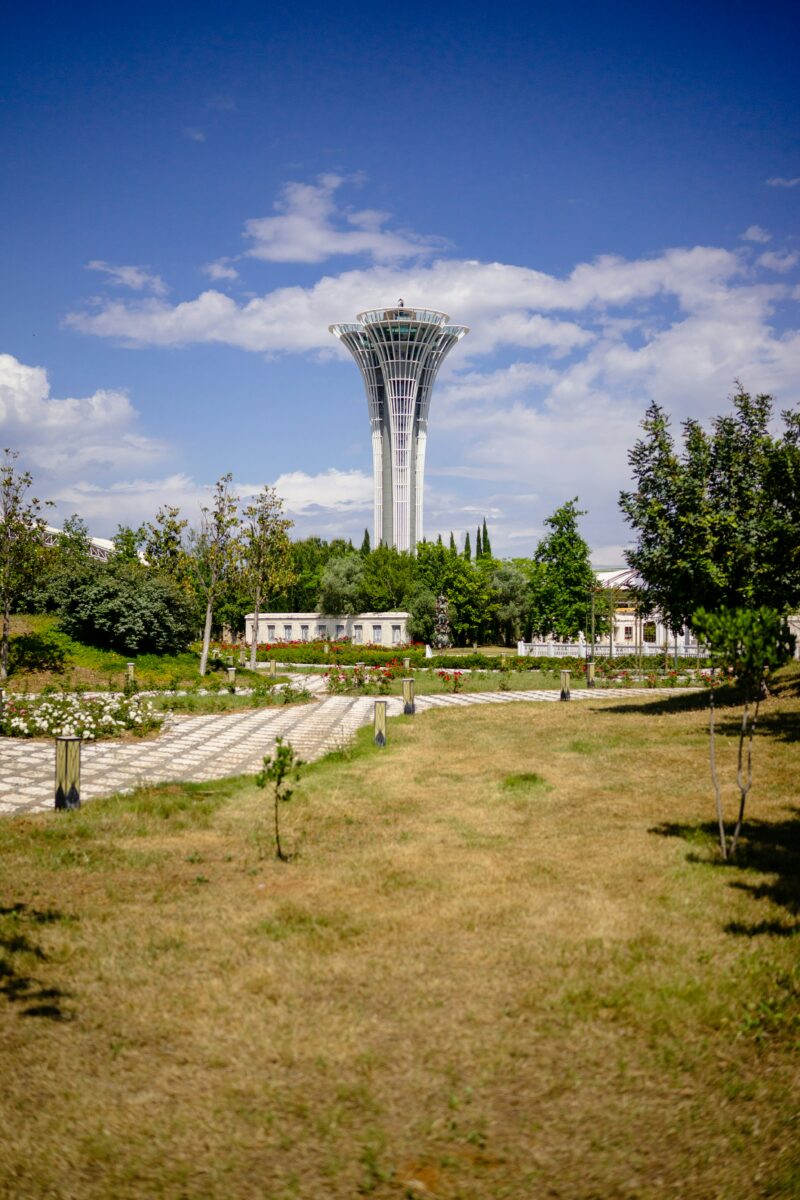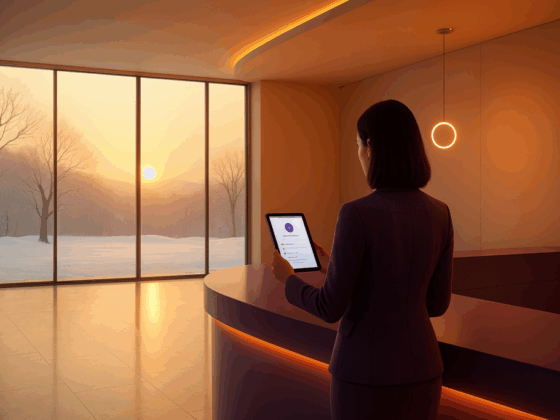
There’s an explosion of talk about AI in hotels, but very little actual application. Or is there? AI has been coming to hotels for a while, but not in the flashy, headline-grabbing way many expect. There won’t be a moment when a chatbot takes over the front desk or a robot manages your F&B logistics overnight. Instead, AI is creeping into every corner of hotel operations in small, incremental ways. Quietly. Invisibly. Often without anyone calling it AI at all.
Some of it has been here for years: duplicate guest profile smart cleaning, predictive pricing in RMS platforms, or analytics, recently automated review responses. Many hoteliers already use AI every day, it’s just labeled as “automation” or “smart features.” But with the growth of large language models and vertical-specific AI agents, we’re at the beginning of all kinds of new layers being added or embedded into to hotel systems. And at the center of it all? The good old PMS.
Sidenote, subscribe to my newsletter for weekly take on the news, opinions and my column.
The PMS is now more important than ever. Not because they have suddenly become amazing (some of them really aren’t), but because they hold the binary truth. Room 204 is either booked or not. A guest has checked in, or not. Breakfast is included, or not. These are not fuzzy data points. They are structured, definitive, and crucial.
And here’s the catch: LLMs, for all their intelligence, still struggle with binary systems and transactional integrity. They’re great at summarizing, interpreting, and conversing, (after all they are language models) but not at reliably storing or retrieving structured truth. For that, they need a database. They need a core system. They need a PMS.
That means all future AI features, whether they handle room assignments, shift scheduling, guest messaging, F&B inventory forecasting, or financial reconciliation, must interface with the PMS. And this is why PMS platforms are regaining prominence in the hotel tech stack.
Some vendors are already moving. AI-powered room assignment optimization, reducing housekeeping strain already exists and is accelerating turnaround times. I recently got a demo of BI tools using LLMs to simplify analytics reporting. But what’s coming next we don’t know yet, things like menu planning, procurement forecasting, scheduling, pattern cost optimization, won’t arrive in a single wave. It’ll arrive as a thousand micro-improvements, slowly transforming hotel operations from the inside out.
But it will take modern, solid PMS foundation, and shifting isn’t easy. I’ve seen this first-hand. Migrating a PMS in a hotel I managed was a nightmare. Data didn’t transfer. Staff were disrupted. Workflows collapsed. And the new system? Better on paper, but far from plug-and-play. And that’s the paradox: changing a PMS is painful, but not changing it might soon be worse.
The market seems to be getting the memo. According to industry analysts, more than two-thirds of hotel chains are reviewing their PMS strategy. Cloud-native platforms with modular, open architectures are winning attention. The era of the hyper-local PMS, the ones that can’t integrate is likely ending because I’m not sure everyone will go through the hassle to integrate to them (I might be totally wrong on this).
The so-called PMS Wars I talked about a few years ago may not have been that noisy. But the battlefield is real. A few vendors are out in front. Aggregation is likely not going to happen, the problem is that merging PMS is an impossible task. Hotels just needs to go through a switch.
And vendors need to make that switch as easy as going from an iPhone to an Android, or vice versa.






